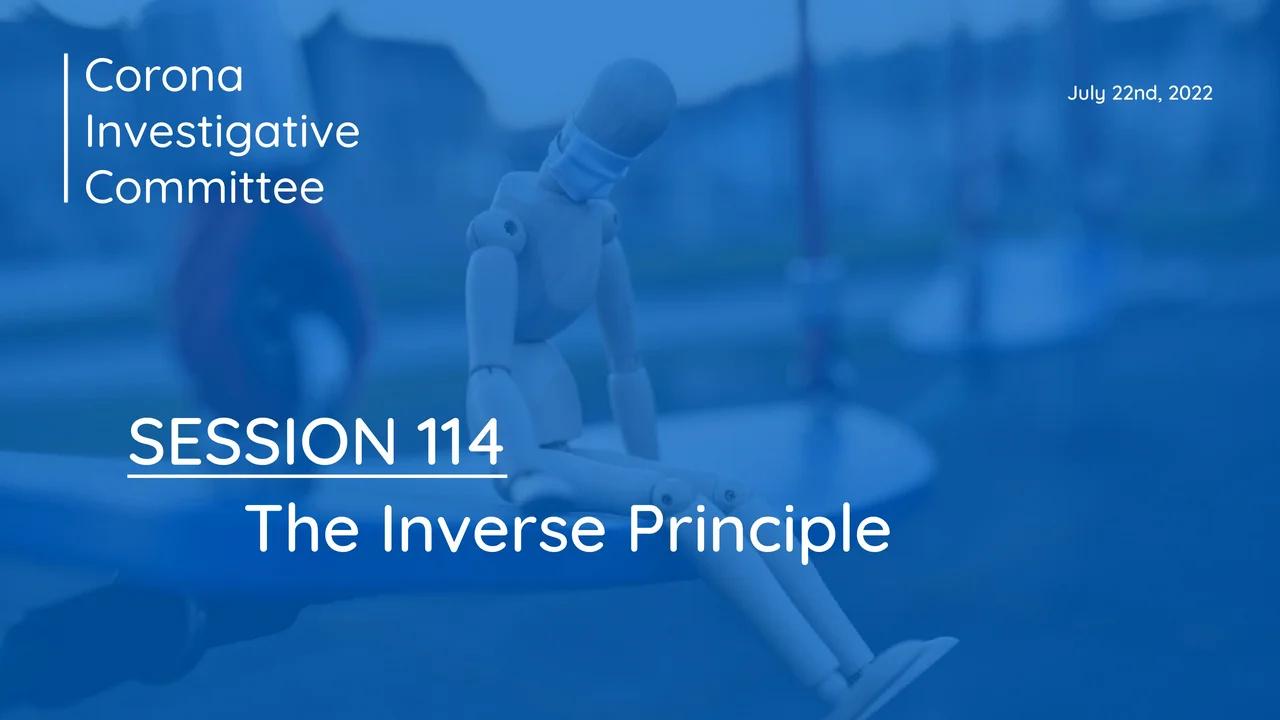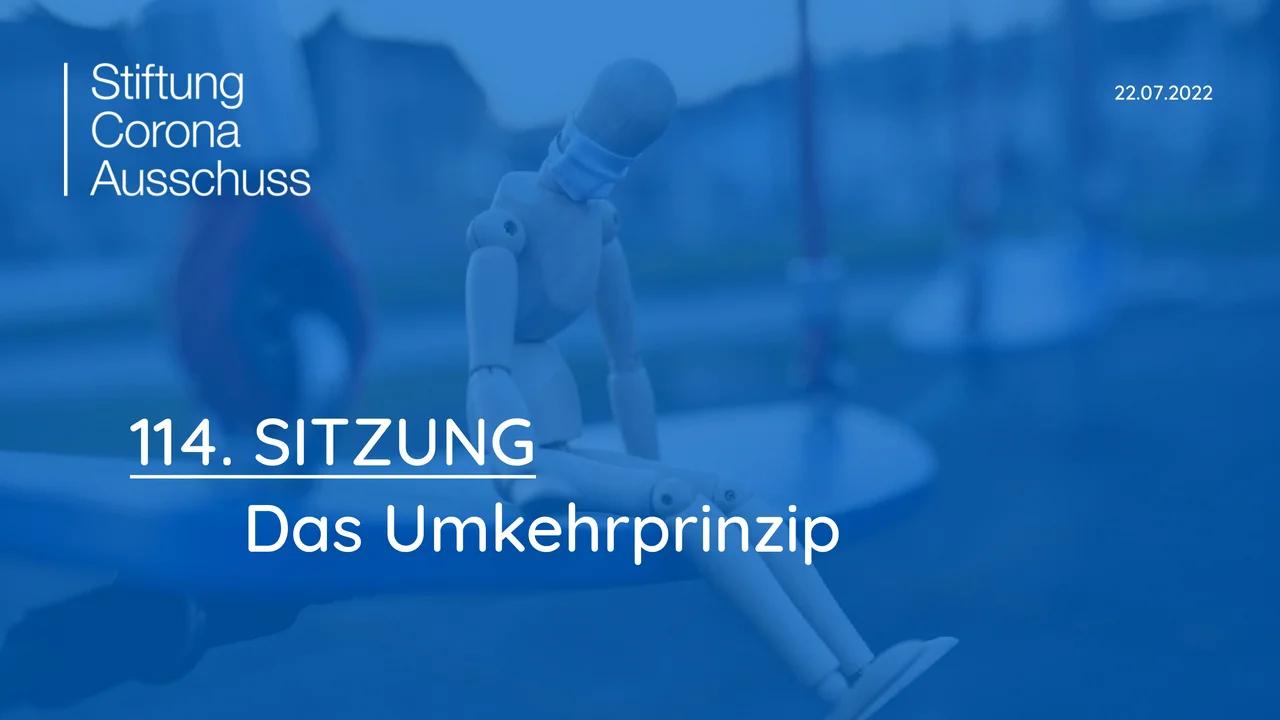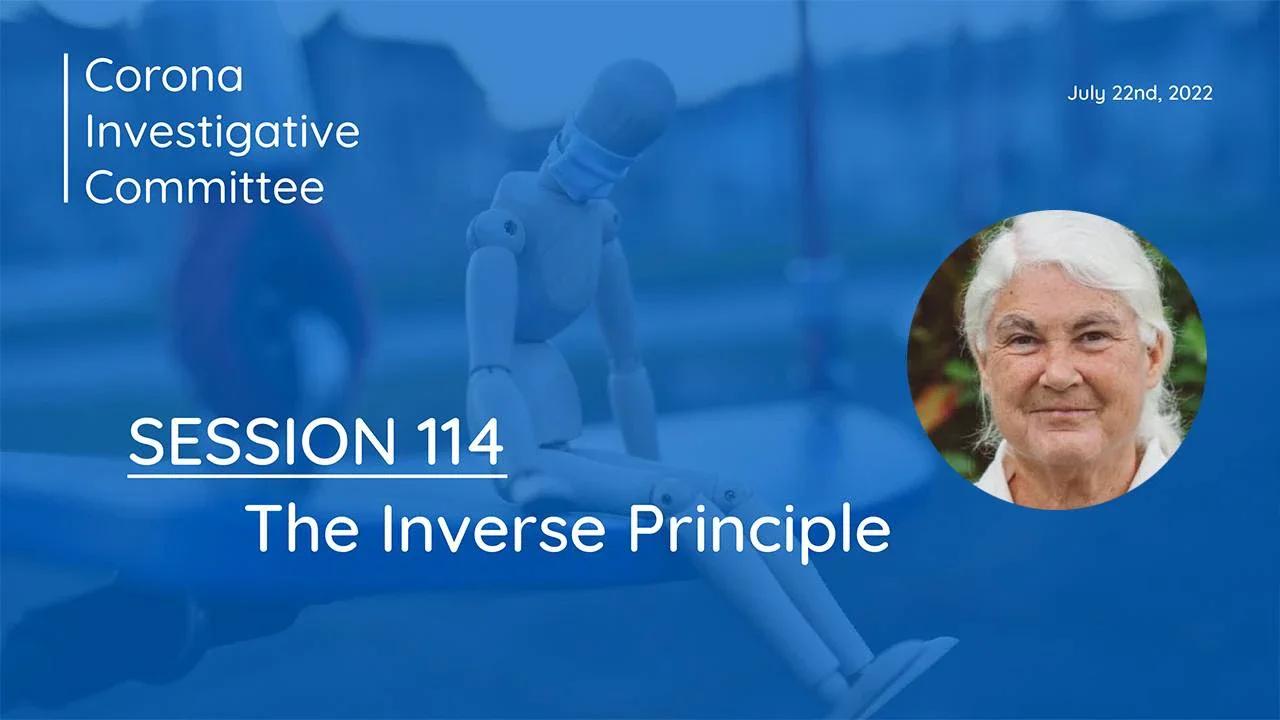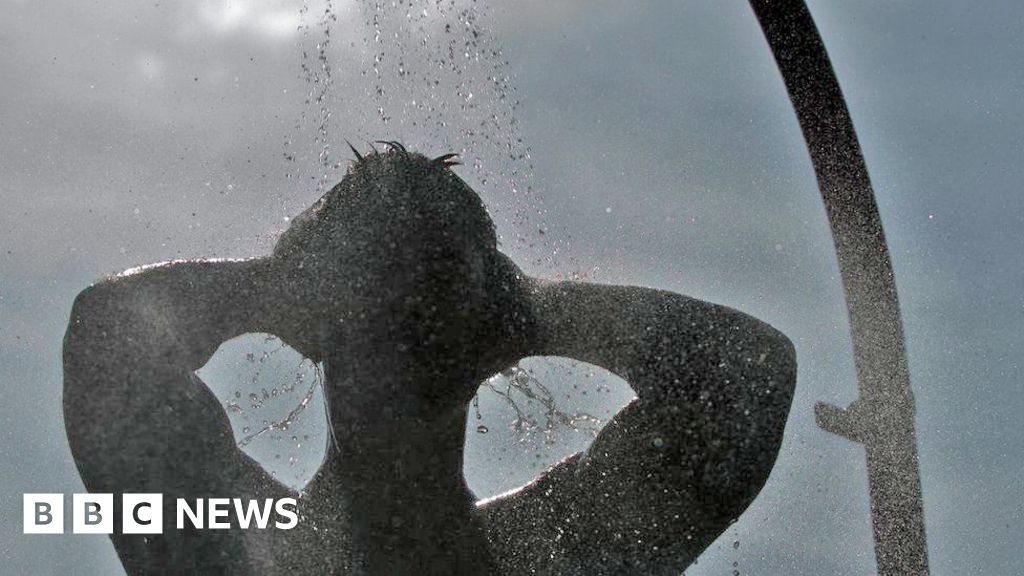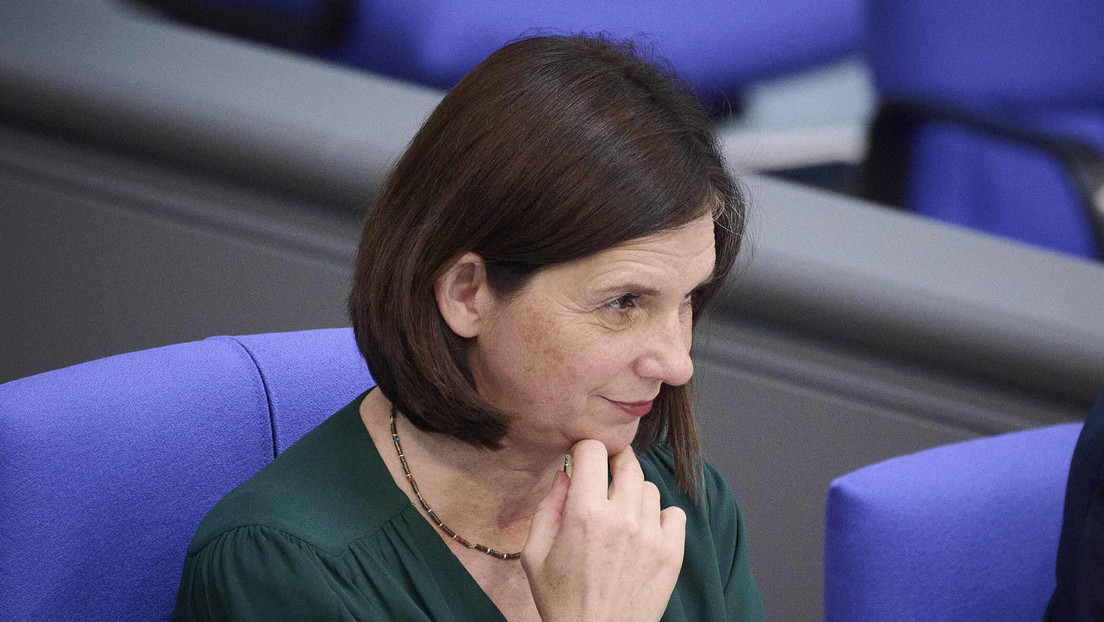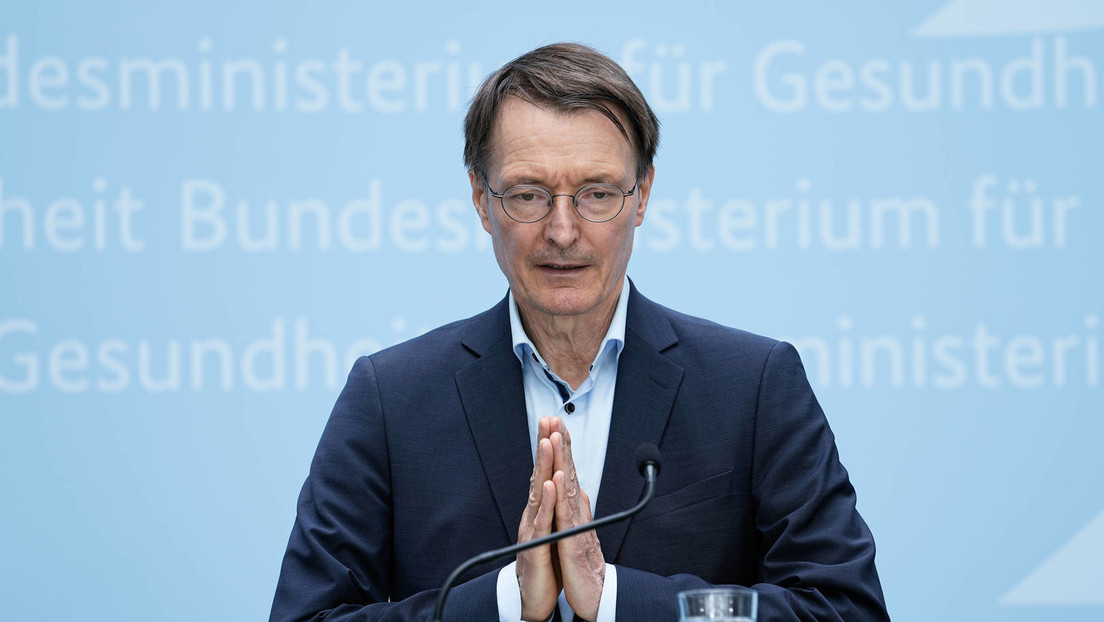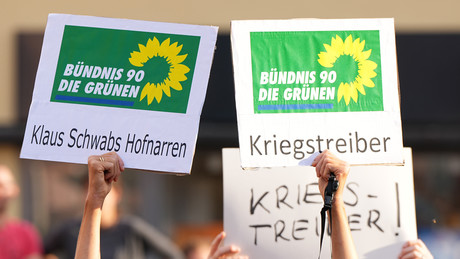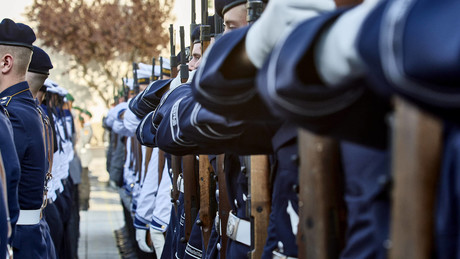I thought this from
RT Germany was of interest re. civil obedience, which was being discussed on TV programme,
Tagesschau. "Silence is the first civic duty."
How did Tucholsky write? "They can all only do their duty if you let them duck and be ducked; education and slavery, property and duo-dez government, bourgeois life and subordinates and superiors appear inseparable." If you don't know who Tucholsky was, Herr Stempfle, you can google him.
This is the headline in the RT article:
Recommendation of the ARD: Silence is the first civic dutyNow the Tagesschau has already explained in advance what to think of possible future protests against freezing in solidarity. And she praises a good, old German model, the end of which was hastily celebrated fifty years ago: the subject.
Source:
www.globallookpress.com © Soeren Stache
Protests against Habeck, Bayreuth, July 28, 2022
by Dagmar Henn
Would it still make sense to give the current political class and the media pack that accompanies it a basic course in democracy? Two weeks, for example, in which you thoroughly chew through terms such as "popular sovereignty" and "democratic discourse", assembly and association rights and at the end have to answer a few test questions? I'm afraid that would be a wasted effort.
Because they have long since agreed on a view in which there is only one authority and subjects who are not to be doubted and who should behave themselves.
"Here he is in his addiction to command and to obey, in his brutality and in his religiosity, in his worship of success and in his nameless civil cowardice." That's what Kurt Tucholsky wrote about Heinrich Mann's "Subject", but he has become flesh again and shapes everyday life in the German Republic.
Before we look at the concrete example, first a brief recap of the current situation: A freezing winter is looming, not because of a natural disaster, but because the government and parliament, expecting to hit Russia, have imposed sanctions that are catastrophic for Germany . The government and parliament should carry out or represent the will of the people. If the people come to the conclusion that these decisions are not in their spirit or even in their interest, the people have every right not only to express this will, but also to enforce it. Just a reminder of what the word democracy means.
Michael Stempfle,
ARD journalist in the Berlin studio,
dealt with the question:
"Rising prices: is there a risk of an autumn of radical protests?" And he starts off like a good subject: "Politicians in the traffic light government fear that rising gas and food prices could lead to social unrest in the fall. The concern behind this: the demonstrations could - similar to the protests against the state corona Measures - first infiltrated by extremists and then the demonstrators are incited against the state."
Now the protests against the Corona measures were peaceful and innocent, albeit often the target of massive police violence; the radicality here is solely in the eye of the beholder. Why he sees them as radicals can be seen in the phrase "being incited against the state".
Here is the rest of the article:
Empfehlung der ARD: Ruhe ist die erste Bürgerpflicht
So the PTB are worried about uprisings. Let's hope their worst fears come true, but, on the other hand, we shouldn't hold our breath.
I also saw this on RT Germany:
Angst vor Aufständen? Österreich und Deutschland bereiten sich auf Militäreinsätze im Innern vor
Here are some excerpts:
Fear of riots? Austria and Germany are preparing for internal military operations
Is the fear of popular uprisings growing among European politicians? Increased deployments of its own armed forces inside and questionable army exercises suggest: apparently yes. At the same time, politicians have long been shaking at the hurdles that still stand in the way of domestic deployments. But with what goal?
Source:
www.globallookpress.com ©
www.imago-images.de
In the future, soldiers could also be used to crush domestic uprisings.
After Germany, Austria is now also preparing for domestic deployments of the army. As the news magazine
Der Standard reports, the soldiers of the Austrian army have been practicing at political rallies in Austria for the past two weeks in the "
Eisenerz 2022 training exercise". "Sharp shooting in open terrain" or "attacking while moving" were also practiced as part of the maneuver, in which soldiers from the Austrian Jäger battalion, the military police and the air force took part, among others. Are Europe's heads of state and government afraid of uprisings?
From the point of view of the Ministry of Defence, however, there is also a need, the spokesman continued, to be prepared for "assistance operations" during demonstrations or other incidents. A loss of control by the police responsible for Austria's internal security is currently not foreseeable. However, the boundaries between army operations outside and inside are also becoming increasingly blurred in Austria, said Major General Günter Hofbauer, security expert for the Austrian Armed Forces, the
standard. Accordingly, in the face of hybrid threats - various forms of illegitimate influence by foreign states, which include cyber attacks or terrorist attacks - it is "not always" possible to do without internal operations in national defense. That is why domestic use is also becoming increasingly important.
According to Hofbauer, there are also increasing social upheavals in Europe as a result of the corona pandemic and the impending energy crisis. "If crises on the fringes of the EU worsen," said the major general, "that can also have an impact in Austria." With his statements, Hofbauer was apparently alluding to the fears of the European heads of state and government that a possible stop in the supply of Russian gas to Europe could lead to uprisings among the population as a result of social upheavals – as was the case in
Sri Lanka .
In Germany, the military is increasingly replacing the police
But it is not only in Austria that the interpretable limits for domestic deployments of the military have been lowered for years. In Germany, too, for some time now the federal government has increasingly been using soldiers instead of resorting to other specialists, under the pretext of so-called administrative assistance to carry out certain tasks. An example of this was the supposed administrative assistance of the Bundeswehr in the health departments; and this even led to the establishment of a crisis team under the Chancellery to combat the corona pandemic under the leadership of Major General Carsten Breuer, commander of the Bundeswehr Territorial Tasks Command.
Annalena Baerbock, which the Greens politician made to the
editorial network Germany (RND) :
"Canadians said, 'We have a lot of questions.' We said: We can understand that. But if we don't get the gas turbine, then we won't get any more gas, and then we won't be able to provide any more support for Ukraine, because then we'll be busy with popular uprisings."
When asked whether she really expected popular uprisings, the foreign minister replied that that was "perhaps a bit exaggerated". But she also emphasized that such a scenario was actually a threat "if we ran out of gas".


